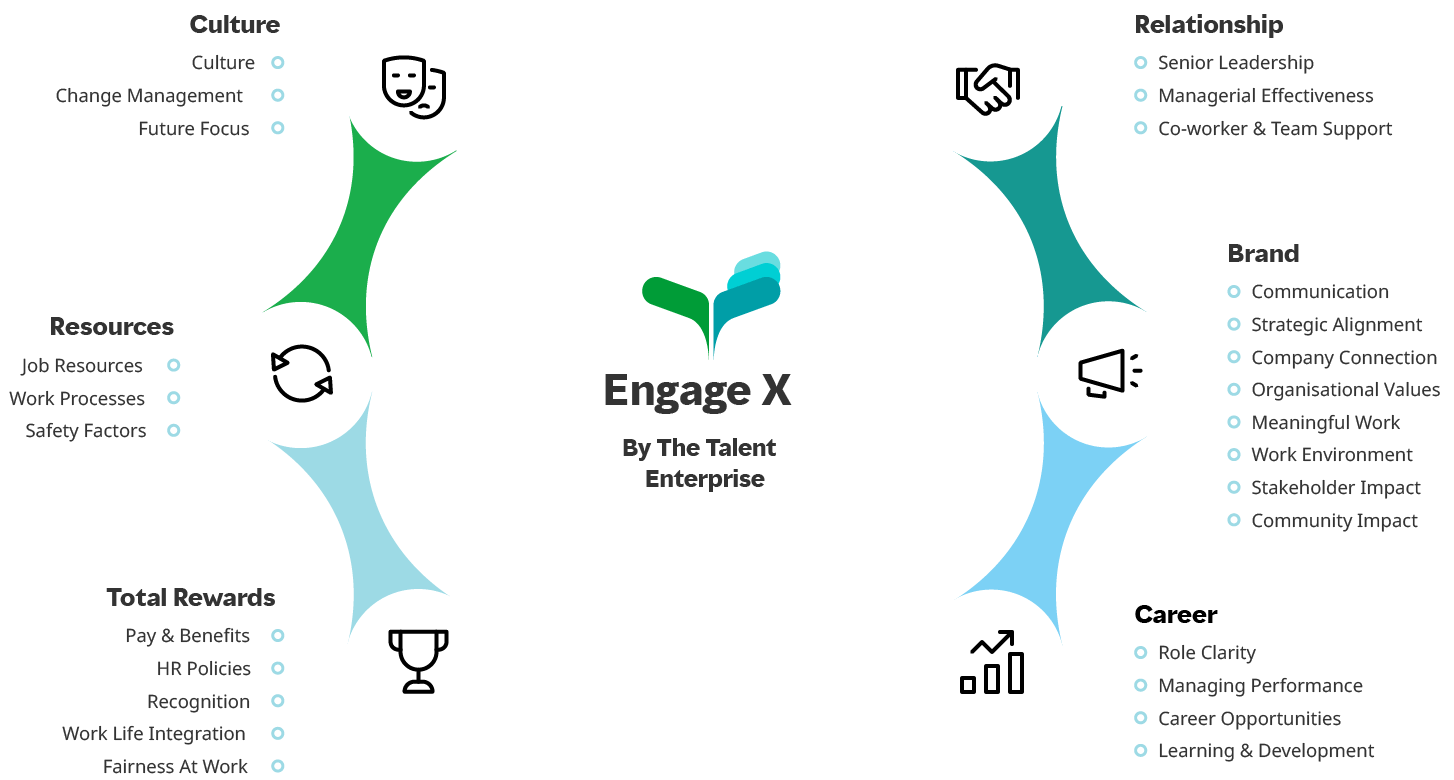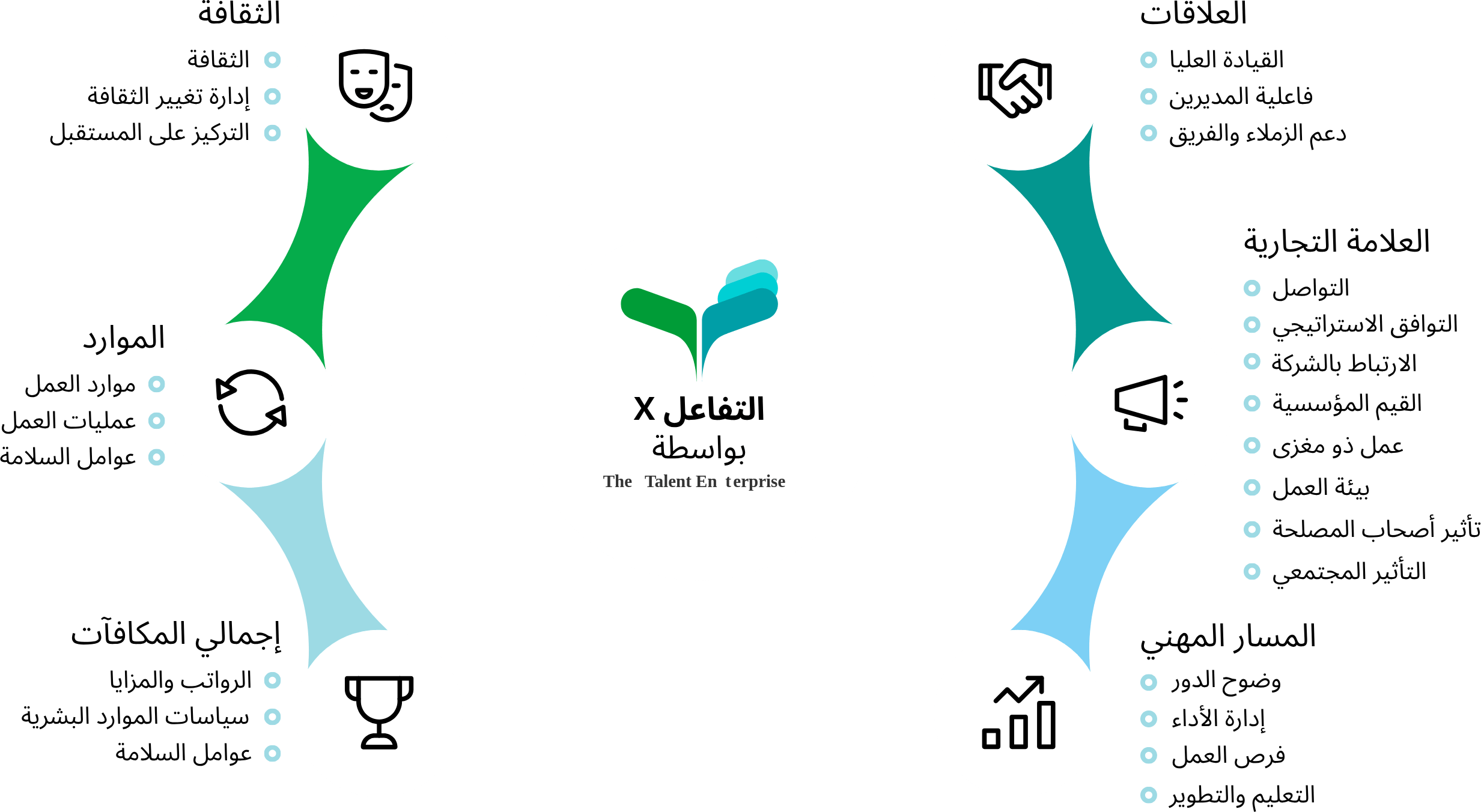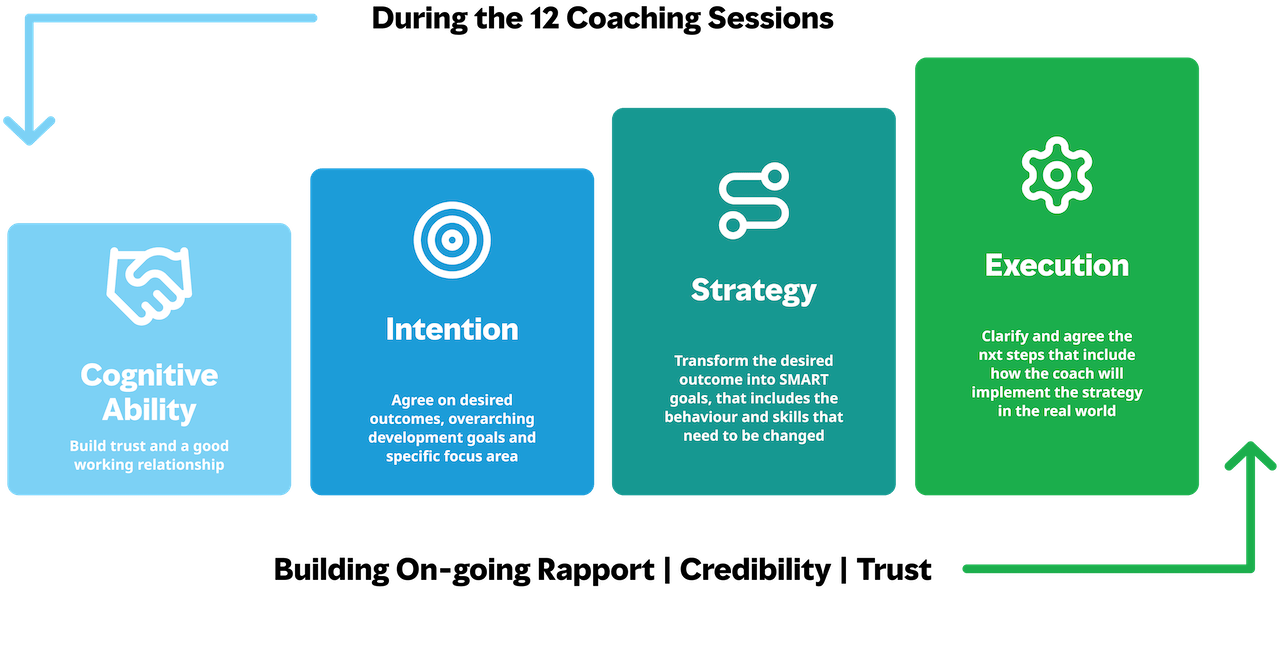
Most popular engagement models measure organizational commitment, discretionary effort or satisfaction with organizational resources, commonly known as engagement ‘drivers’. The onus for ‘engaging employees’ lies completely with the organization.
This perspective is based on the assumption that the responsibility of motivating employees rests wholly with leaders, managers and HR teams. Such a limited, one-sided view on engagement leads to a passive, top down approach.
However, groundbreaking research by Mercer Talent Enterprise establishes that approximately 35 to 40% of variance in engagement is impacted by the personal motivation, mindset and strengths of individuals themselves, which are independent of the organizational engagement ‘drivers.’
Therefore, futuristic engagement strategies must address and measure both the employee (i.e. individual) and the employer (i.e. organizational) aspects of engagement.

Employee engagement is a complex construct, and a number of organizational factors and individual attributes can impact engagement. From an organizational ‘driver’ perspective, our research clearly shows that aspects such as leadership and managerial support, career growth, pride and meaning are the key factors impacting engagement.


Mercer Talent Enterprise’s RISE Coaching Model is a strengths-based approach and focuses on identifying, committing to and sustaining longer-term behavioral changes, where the coach and coachee work closely together in a psychologically safe and a positively challenging manner.
Through a process of self-discovery and by identifying the intention of the coaching, the coach helps identify strengths and potential blindspots for each coachee, and agrees on clear actions that leads to tangible personal and organizational impact. A minimum of 6-9 coaching sessions are recommended based on Mercer Talent Enterprise’s RISE process, which enables both the coach and the coachee to embark on a meaningful behavioral change journey.



